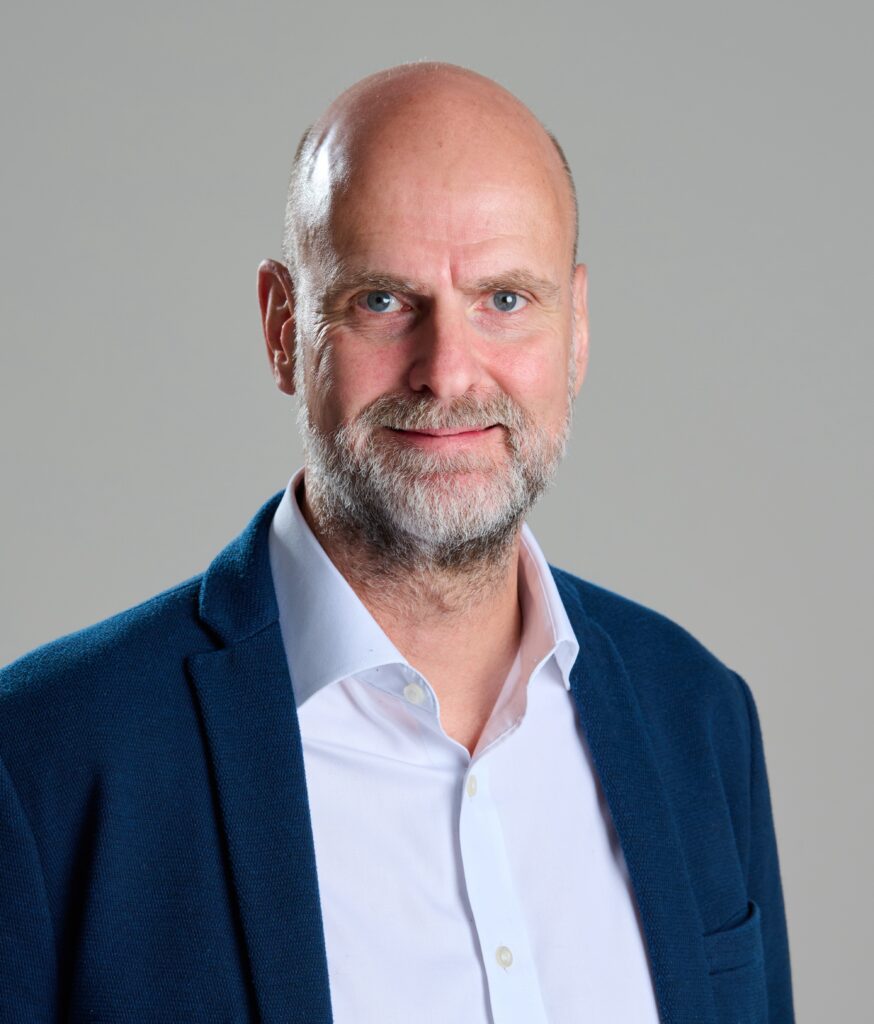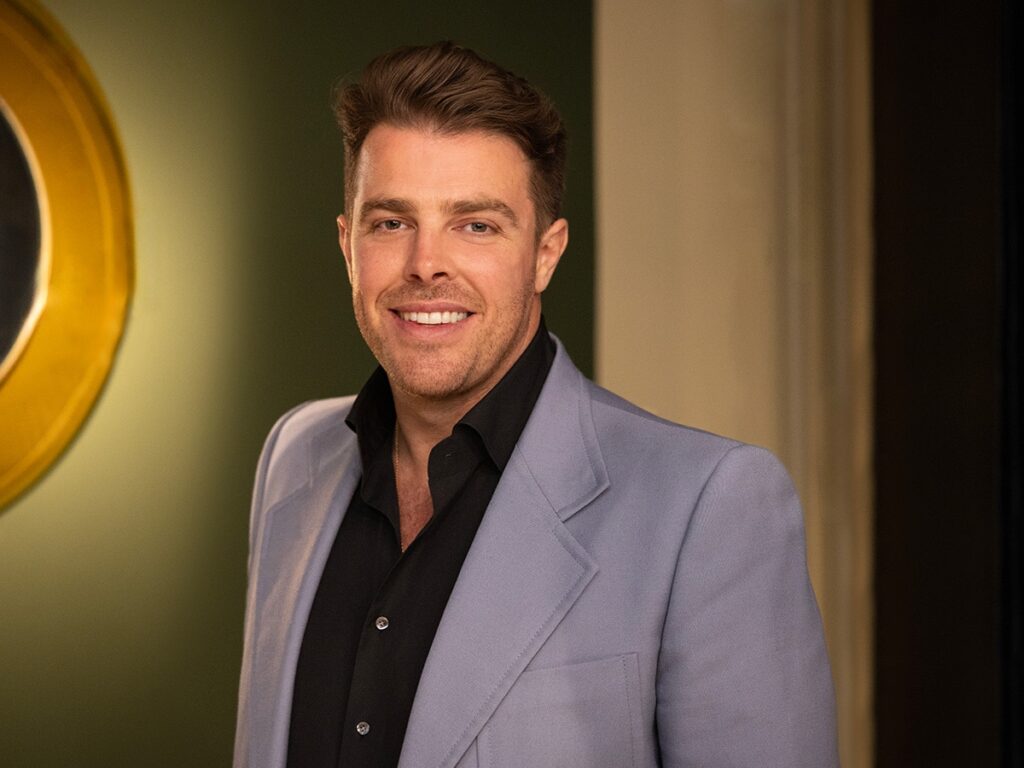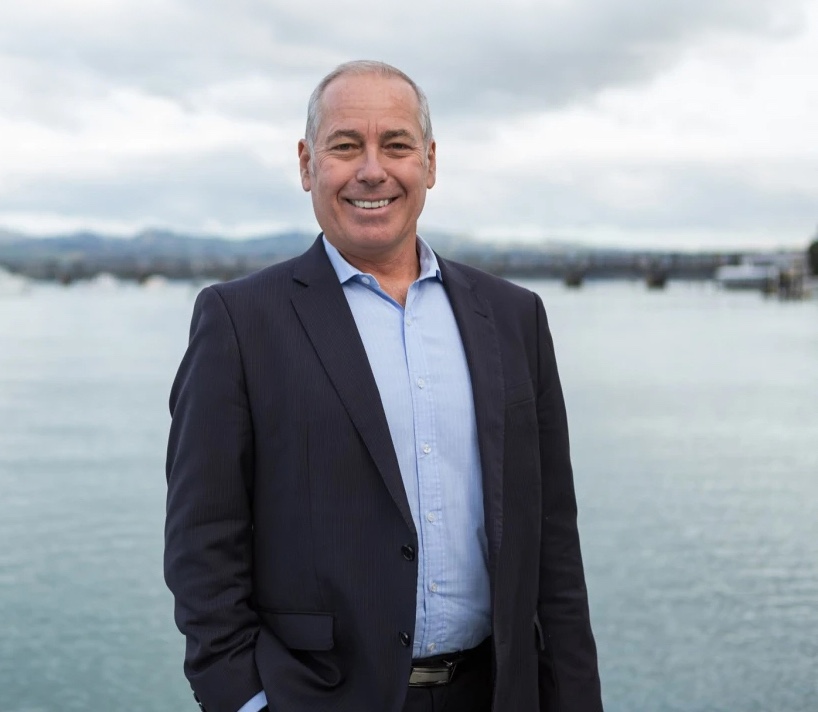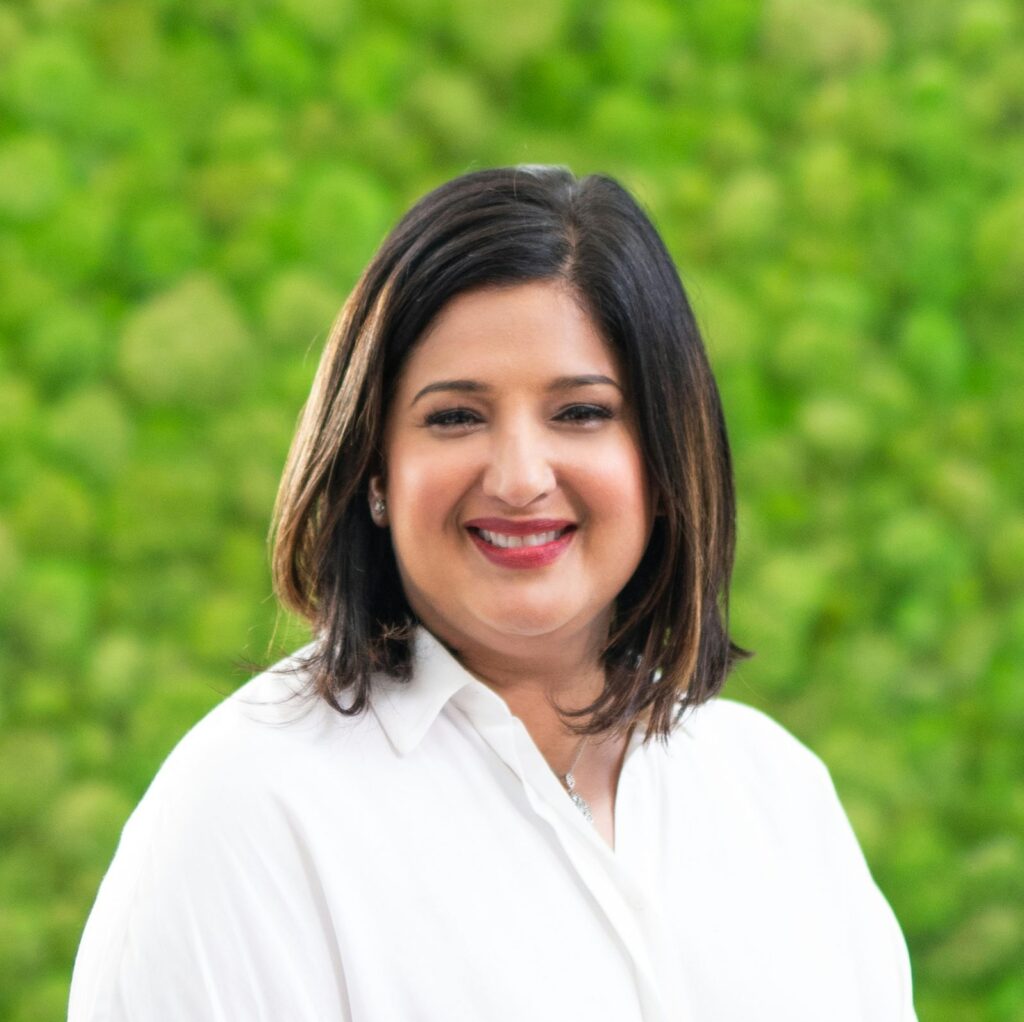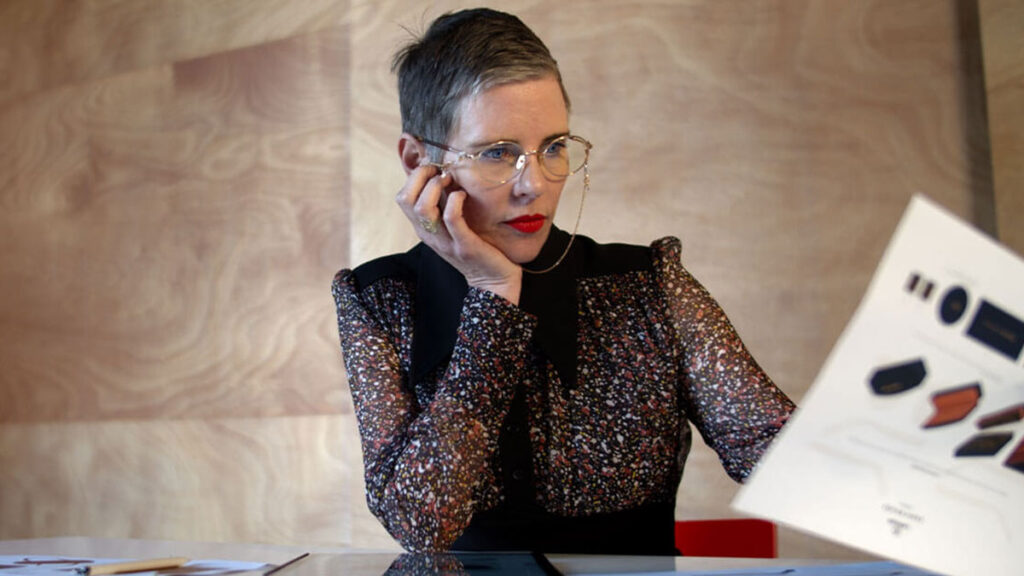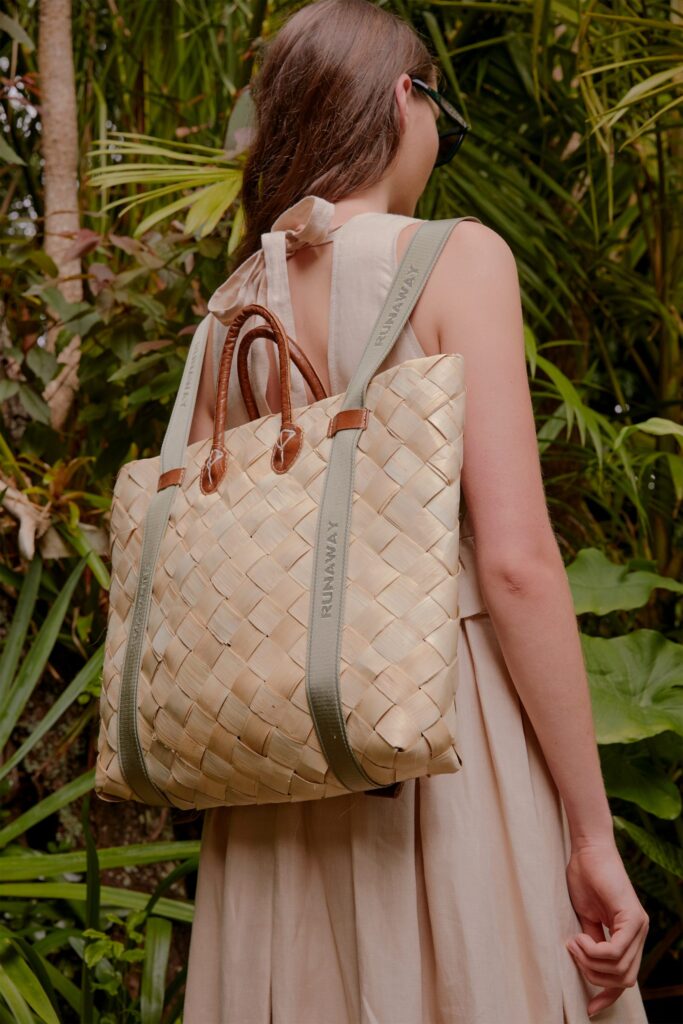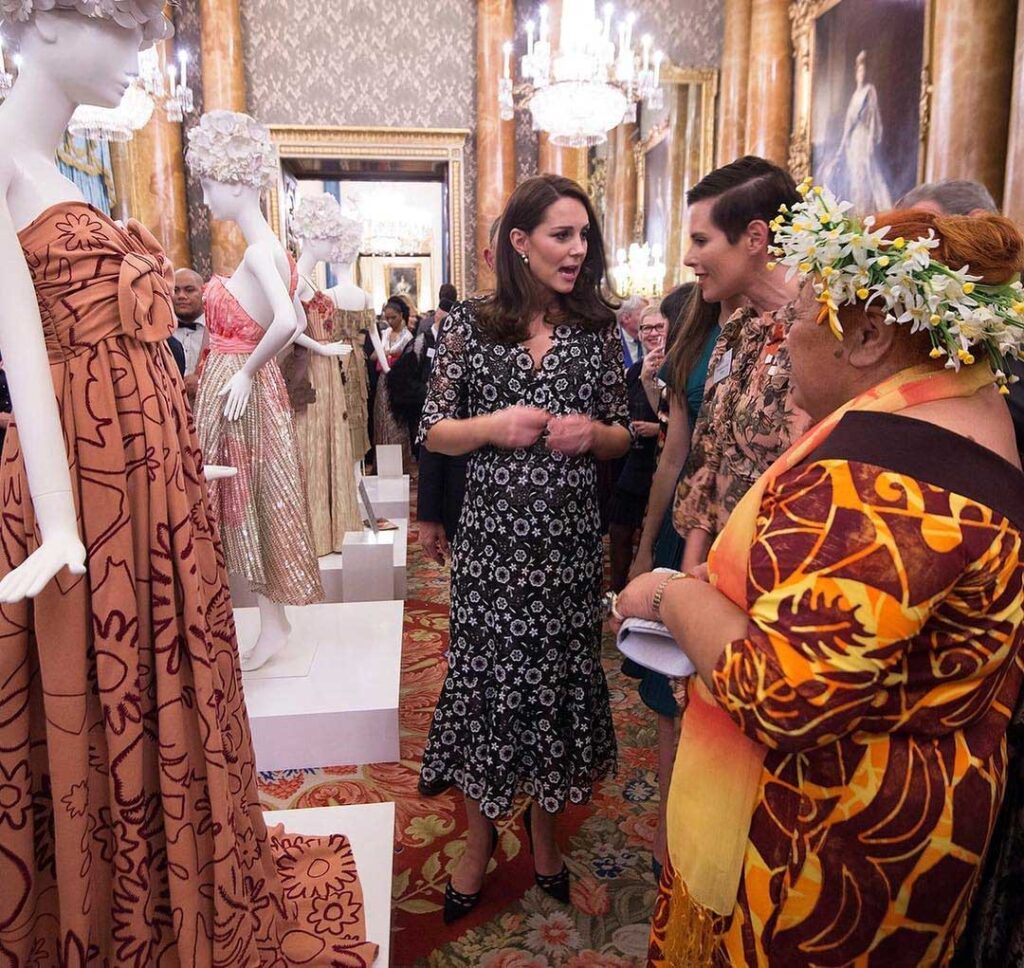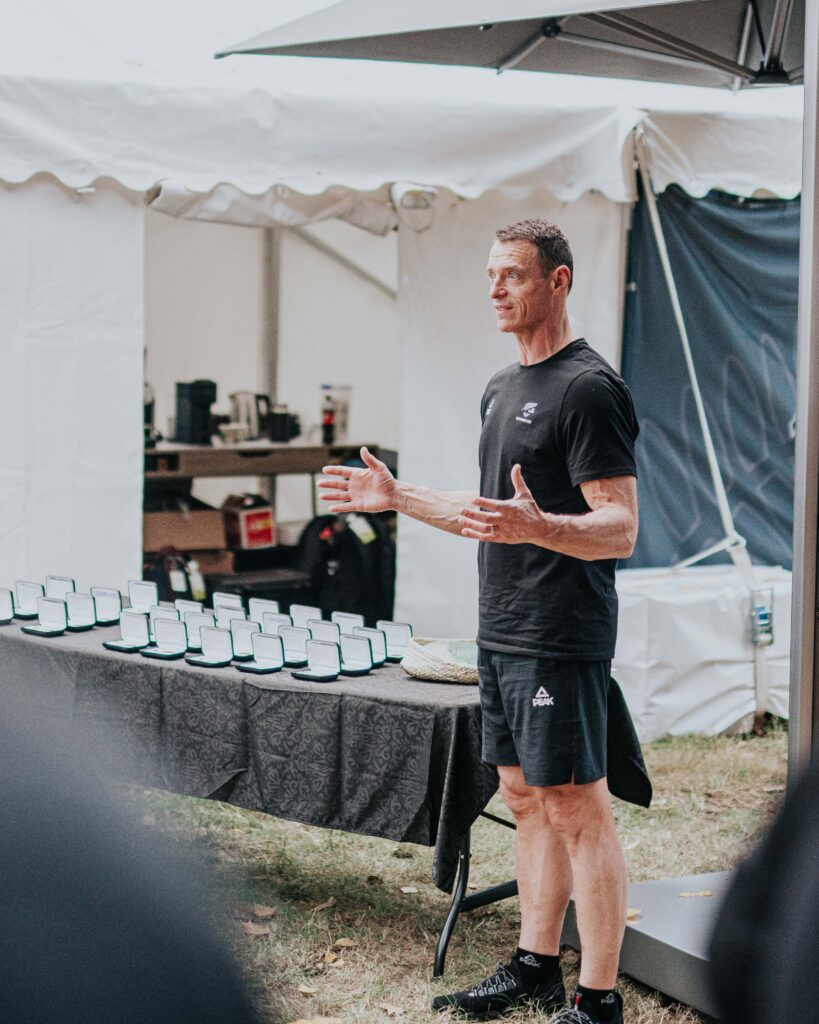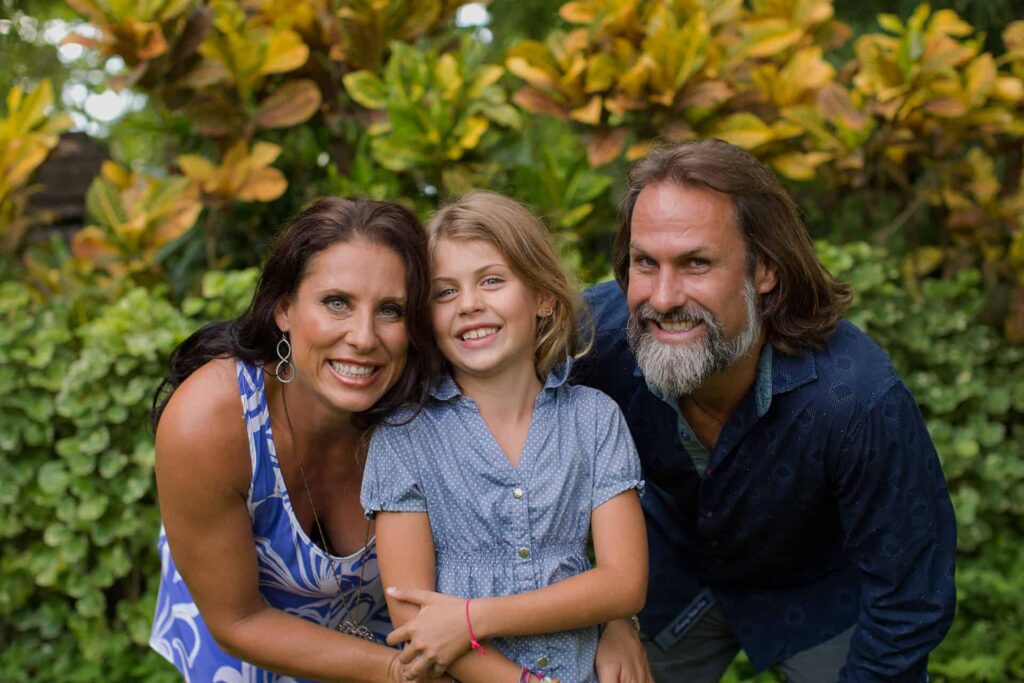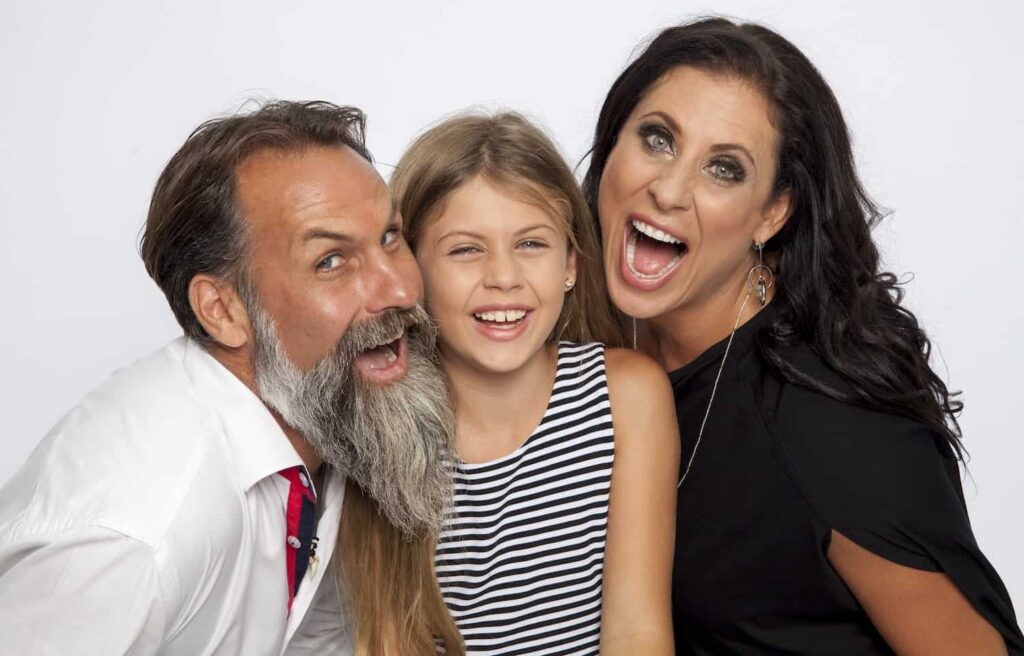Born and raised in Auckland, Toby’s love of cooking began during childhood, where he would eagerly lick the mixing bowl or spoon after his mother had finished baking. He knew he wanted to travel, and after finishing high school, decided to turn his culinary curiosity into a career by enrolling in AUT’s culinary program.
“I wasn’t really considering cooking as a career at first, but once I started training, I realised how much I loved it. The camaraderie of the kitchen and the constant opportunity for personal growth really made me realise this was the path for me.”
Upon graduating, Toby landed his first job at Hammerheads in Auckland, a restaurant that is no longer in operation. Under the mentorship of Chef Michael Van De Elzen, Toby began to hone his skills.
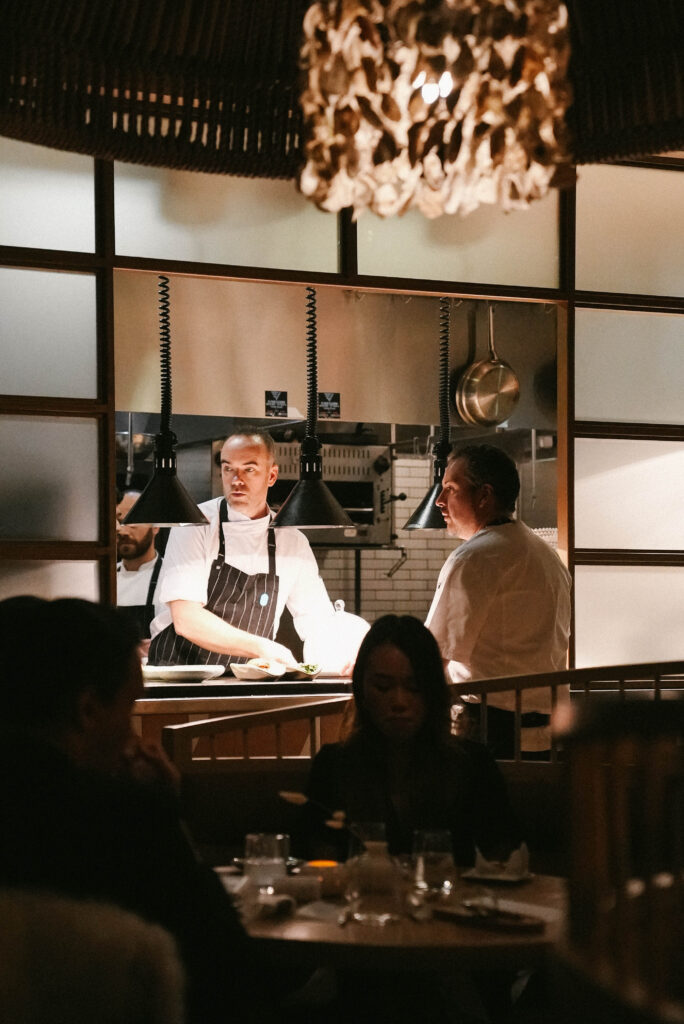
“It was a great start, and I quickly realised that I thrived in environments where I could push my limits. Some of my early jobs were intense, but they taught me a lot about myself and my career.”
Toby’s desire to see the world and refine his culinary skills led him to the UK, where he found a position at The Greenhouse in London, a Michelin star restaurant serving high end Modern French cuisine.
“When I landed in the UK a friend suggested I open the Michelin guide and start approaching restaurants. I ended up at The Greenhouse, working there was amazing, and it was just the beginning of my European adventure.”
From London, Toby’s journey took him to the Mediterranean, working on private yachts. The financial benefits of working on yachts allowed him to continue travelling and eventually led him to Canada, where he worked in Vancouver and Banff. His career path continued to evolve, taking him to Toronto, where he joined the team at a restaurant led by renowned French chef Daniel Boulud.
“Daniel Boulud’s restaurant in Toronto was an incredible opportunity. I worked as a sous chef there, and after almost three years, I was asked to move to New York. It was a dream come true. Years earlier I had dined at Restaurant Daniel, (Chef Boulud’s flagship) as a 23 year old who had just left New Zealand, and I was amazed at the level of hospitality and the quality of food. I knew then that I wanted to work at that level one day. Here I was, some 7 years later doing just that”
Toby spent a year in New York, working with Daniel Boulud and soaking in the vibrant culinary scene. But life took a new turn when he met his partner during a trip to Chicago. After a period of long-distance, the couple relocated to Sydney, Australia, where Toby took on the role of Head Chef at one of Matt Moran’s restaurants. After getting engaged they moved to Dallas, Texas, with the intention of starting a family and pursuing Toby’s dream of opening his own restaurant, both of which came to fruition around the same time.
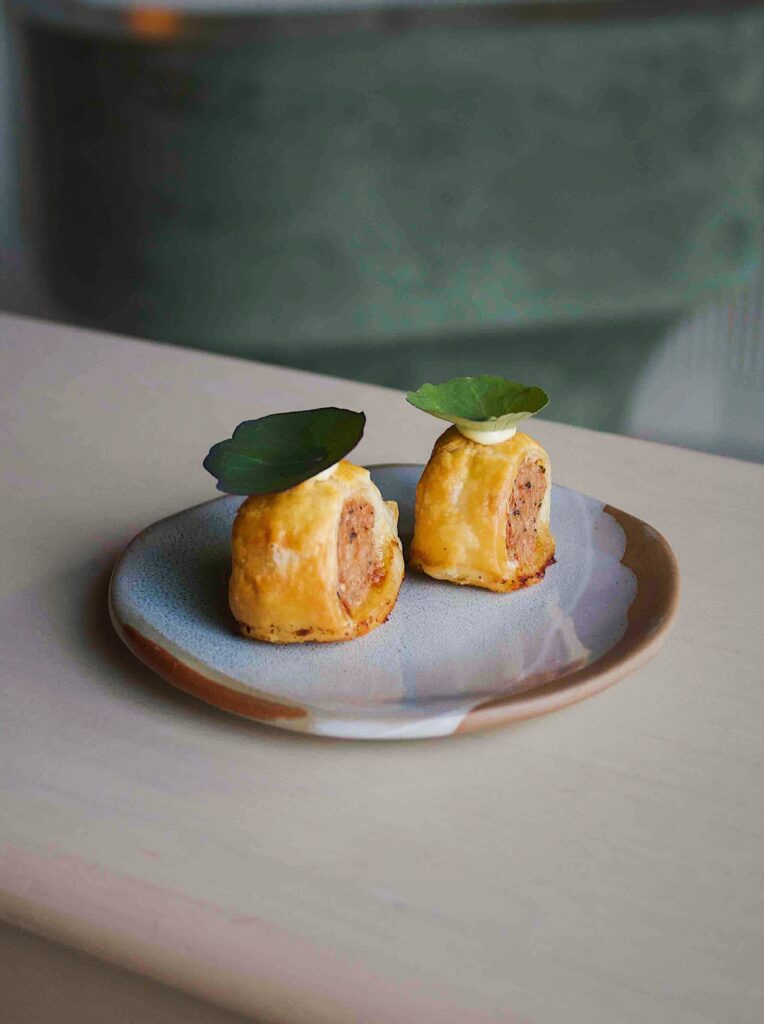
“Our daughter was born 9 weeks early right around the time I was trying to open my restaurant, Quarter Acre. It was incredibly stressful—trying to manage construction delays and rising costs while dealing with a newborn in the NICU. But once we opened, it was an incredible achievement.”
Quarter Acre is a testament to Toby’s Kiwi roots, with flax baskets, sheepskins, and oyster shell chandeliers creating a distinct ambiance that pays homage to New Zealand and the vibrant Kiwi food scene.
“New Zealand has a rich, global food culture that influences our culinary landscape, and I try to bring that same essence to Dallas. It’s new and exciting, and it’s great to see people appreciating global flavours. I have a salmon dish on the menu from Big Glory Bay in Stewart Island, and when people taste it, they often remark on how incredible it is. The quality of New Zealand products is exceptional, and our menu features New Zealand venison, lamb, and even an Australian sea bass (Barramundi) dish, which has been rebranded to appeal to local tastes.”
Alongside Kiwi flavours Toby’s culinary creations also reflect a blend of global influences. His ceviche, for example, incorporates Thai flavours like coconut milk and chilli jam.
“I love to play with different elements from around the world. The egg salad, for instance, has Vadouvan curry powder—a French-inspired spice mix. I also incorporate Middle Eastern spices in dishes like the lamb sausage roll. It’s a mix of all the places I’ve worked and the flavours I’ve come to love.”
The wine list at Quarter Acre is another nod to Toby’s commitment to promoting New Zealand food and beverage, with more than 50% of the wine selections coming from the Southern Hemisphere, with a significant portion dedicated to New Zealand wines.
“We want to introduce people to New Zealand wines and show them that they’re not just good—they’re exceptional.”
In addition to Quarter Acre, Toby is keen to continue expanding his culinary influence and envisions future ventures that embrace the relaxed, vibrant dining culture of places like Sydney or Auckland.
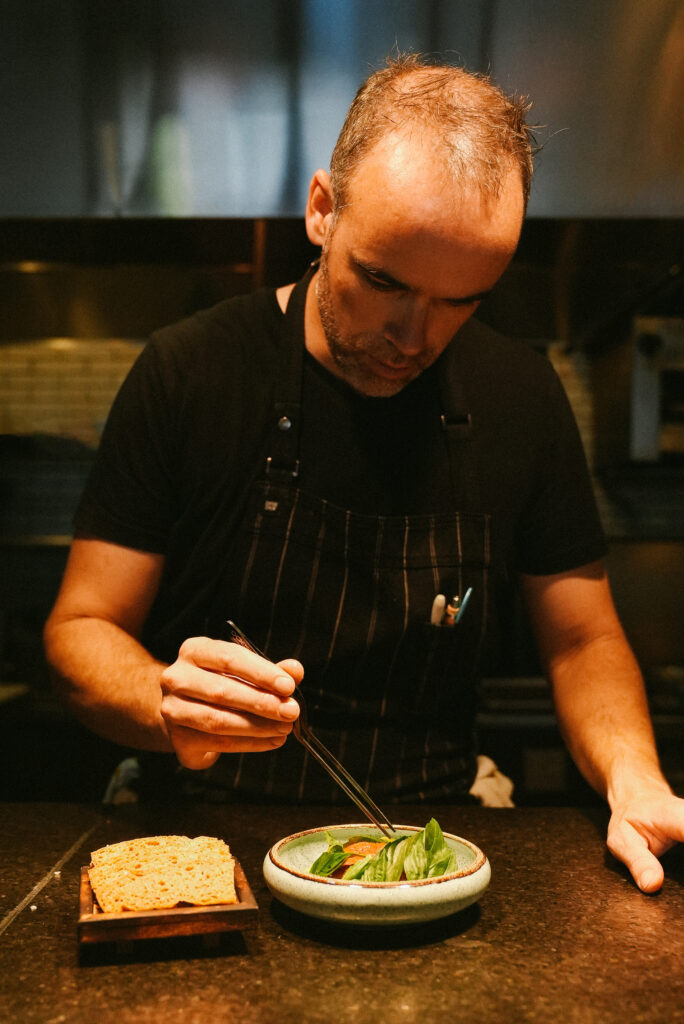
“I want my next restaurant to have that laid-back, pub-like feel where people can come in, have a great meal, and just relax. It’s about creating spaces where people feel at home and enjoy themselves.”
Toby’s advice for newcomers to the culinary world is practical and grounded in his own experiences.
“Have confidence in what you want to do and put in the time to get it. Opening a restaurant is a huge risk, but if you believe in your concept and work hard, it can pay off. I’ve learnt that while being humble is important, you need to tell your own story. People want to know the person behind the restaurant.”
Quarter Acre, named after the iconic Kiwi dream of owning a piece of land, embodies Toby’s aspiration to bring a slice of New Zealand to Dallas.
“It’s fascinating how, as Kiwis, we bond more when we’re overseas. Here in Dallas, if another New Zealander walks into the restaurant, it’s like an instant connection. I want to extend that welcome and build a network of New Zealanders doing great things here. It’s about sharing that dream and creating something special here.”

 MENU
MENU

